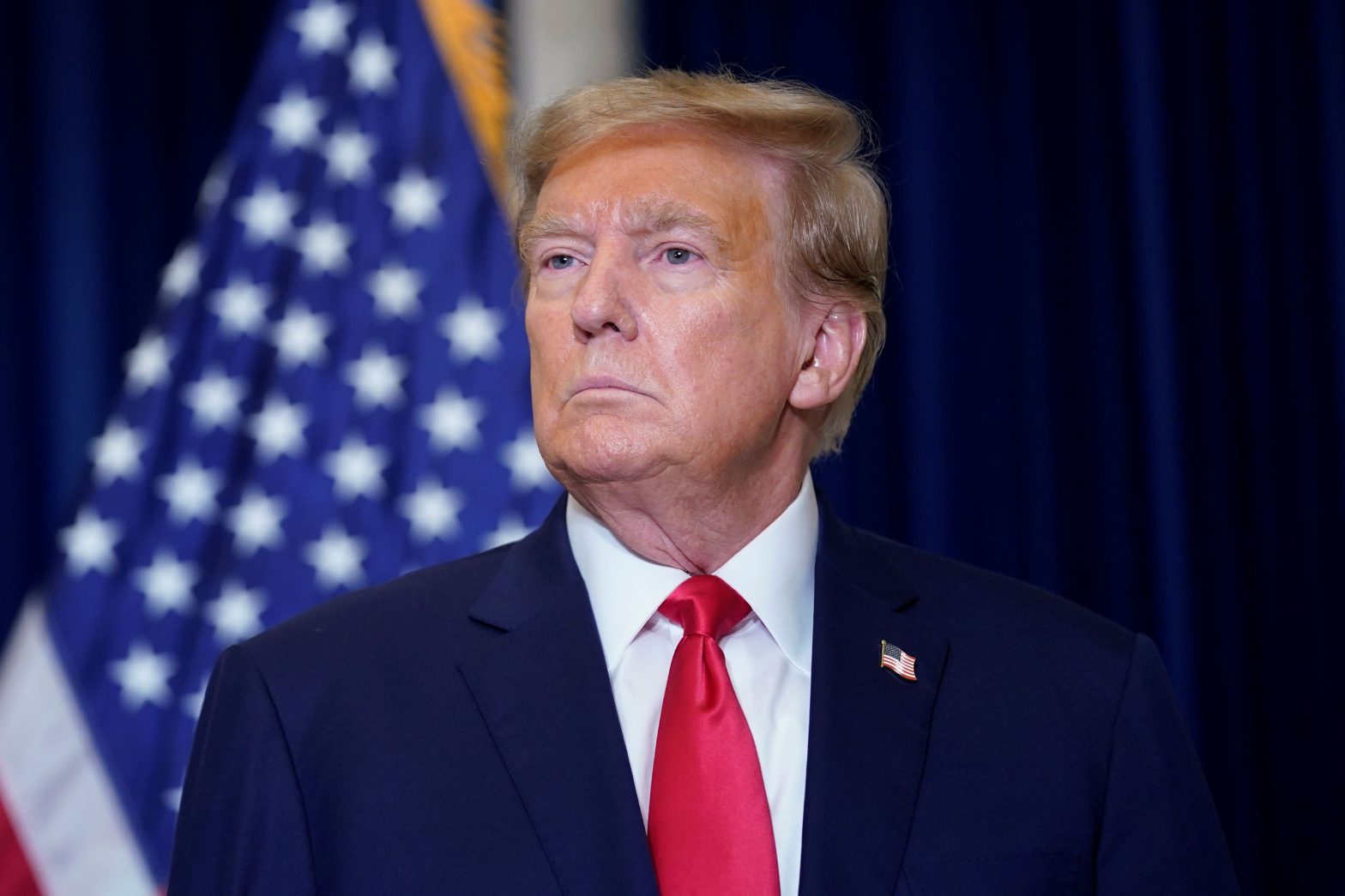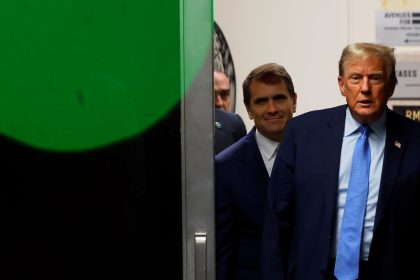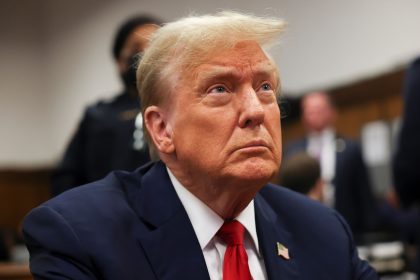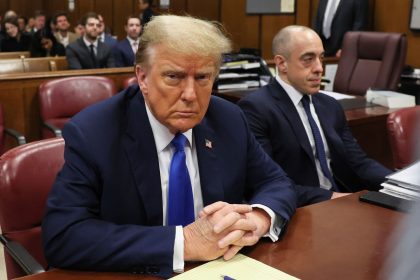DC Appellate Court Rejects Trump’s Immunity Claim

WASHINGTON — A court of appeals in the District of Columbia has rejected former President Donald Trump’s claim that he is immune from prosecution for allegedly interfering in the 2020 presidential election.
In a unanimous, 57-page ruling, a three-judge panel of the U.S. Circuit Court of Appeals for the District of Columbia answered a question that had never before been posed to an appellate court — whether a former president can be held accountable for allegedly criminal acts he engaged in while in office.
The panel, composed of two judges appointed by Democratic presidents and one Republican appointee, affirmed that while there are many privileges to being president, being above federal criminal law isn’t one of them.
“For the purpose of this criminal case, former President Trump has become citizen Trump, with all of the defenses of any other criminal defendant,” the judges wrote.
“Any executive immunity that may have protected him while he served as president no longer protects him against this prosecution,” they said.
The judges later explained that they believed accepting Trump’s position — that he was eligible for sweeping immunity protections — would have affectively upset the constitutional order on which the nation was founded.
“At bottom, former President Trump’s stance would collapse our system of separated powers by placing the president beyond the reach of all three branches,” the three judges said.
“Presidential immunity against federal indictment would mean that, as to the president, the Congress could not legislate, the executive could not prosecute and the judiciary could not review. We cannot accept that the office of the presidency places its former occupants above the law for all time thereafter,” they concluded.
Steven Cheung, a spokesman for Trump’s presidential campaign, said in an emailed statement that the former president “respectfully disagrees” with the decision and would appeal it “in order to safeguard the presidency and the Constitution.”
“If immunity is not granted to a president, every future president who leaves office will be immediately indicted by the opposing party,” Cheung continued, asserting, “Without complete immunity, a president of the United States would not be able to properly function.”
Jack Smith, the special counsel who brought the election obstruction case against Trump in D.C. federal court, did not immediately comment on the appellate court’s decision.
























